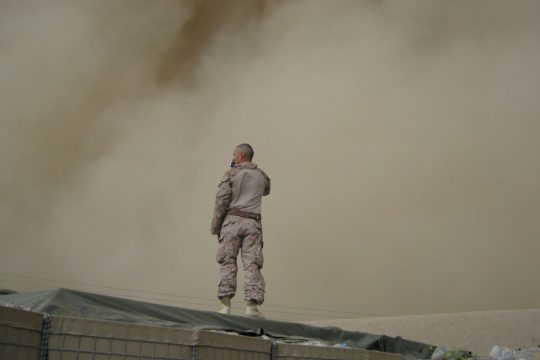FIT is proud to announce the launch of The International Translator’s Card aimed at protecting colleagues in conflict zones.
Previous attempts at issuing a FIT ID card were not effective at achieving primary objectives and turned out to be labour and cost intensive, making the project unsustainable.
A recent request from the Iraqi Association highlights that there is a need to re-establish FIT’s role in representing our colleagues who work in difficult working conditions.
This follows on from the Berlin Statutory Congress Resolution which calls upon national governments and the international community to:
- protect local translators and interpreters in conflict zones
- ensure a life in security during and after their work in the conflict zone
- respect the impartiality of the work of translators and interpreters
- work for a UN Convention and/or an international safety document for the protection of translators and interpreters in conflict zones during and after their service.
FIT is proud to announce the launch of the International Translator’s Card, specially designed for:
- FIT member associations with limited resources who wish to issue their own membership ID card
- Members of FIT member associations (which may or may not issue their own ID cards) who are planning to work in conflict zones
- Translators and Interpreters working in conflict zones with specific accredited agencies who themselves are not and cannot be members of FIT member associations
The launch of this ID card supports and further strengthens the publication of the Conflict Zone Field Guide for Civilian Translators/Interpreters and Users of Their Services, published in 2013, as well as other ongoing projects on which FIT partners with Red T, a non-profit advocacy for translators and interpreters in high-risk settings, and three other major international language associations – the International Association of Conference Interpreters (AIIC), the International Association of Professional Translators and Interpreters (IAPTI), and Critical Link International.
Together, we can make a difference to the lives of conflict zone interpreters and to the visibility and purpose of our profession.

